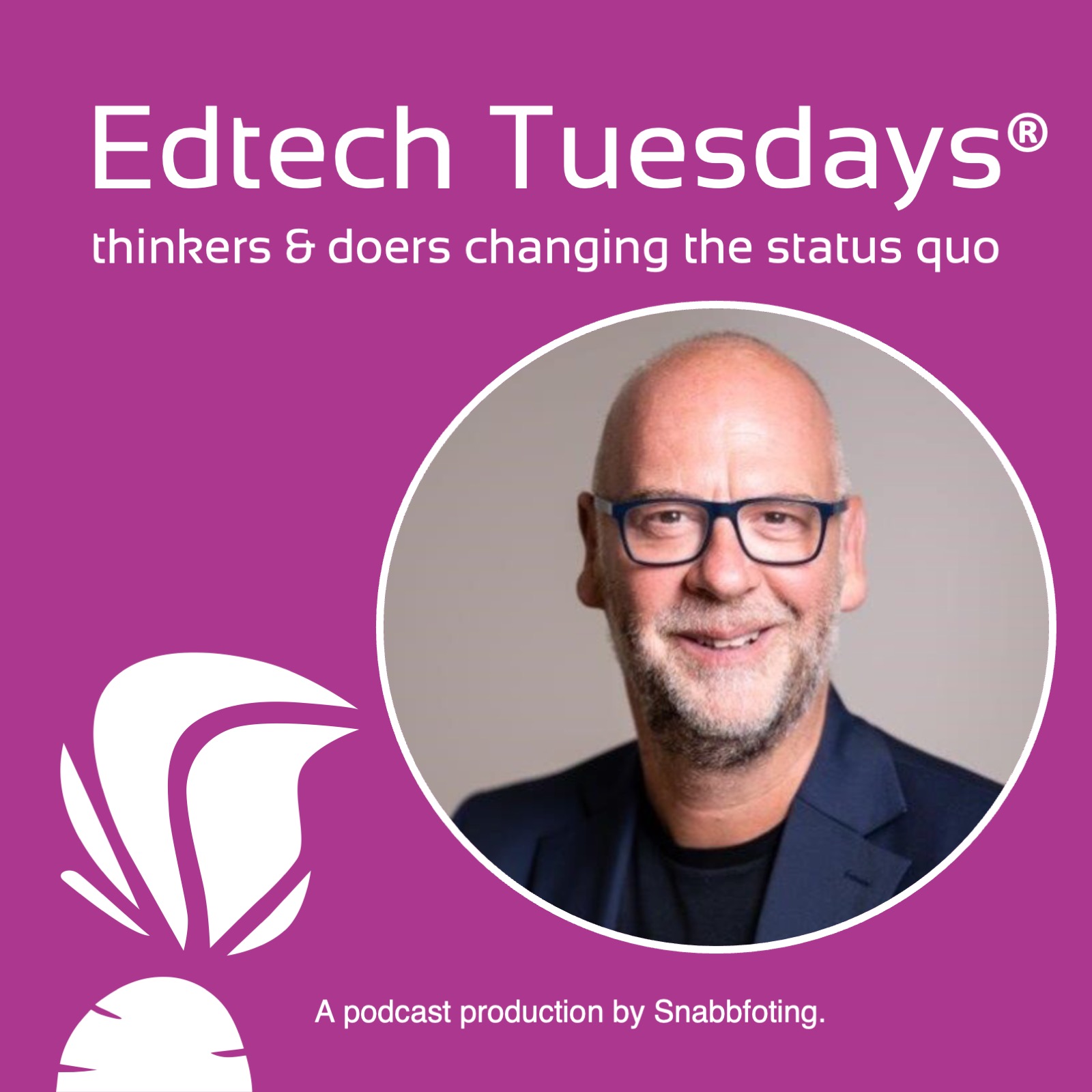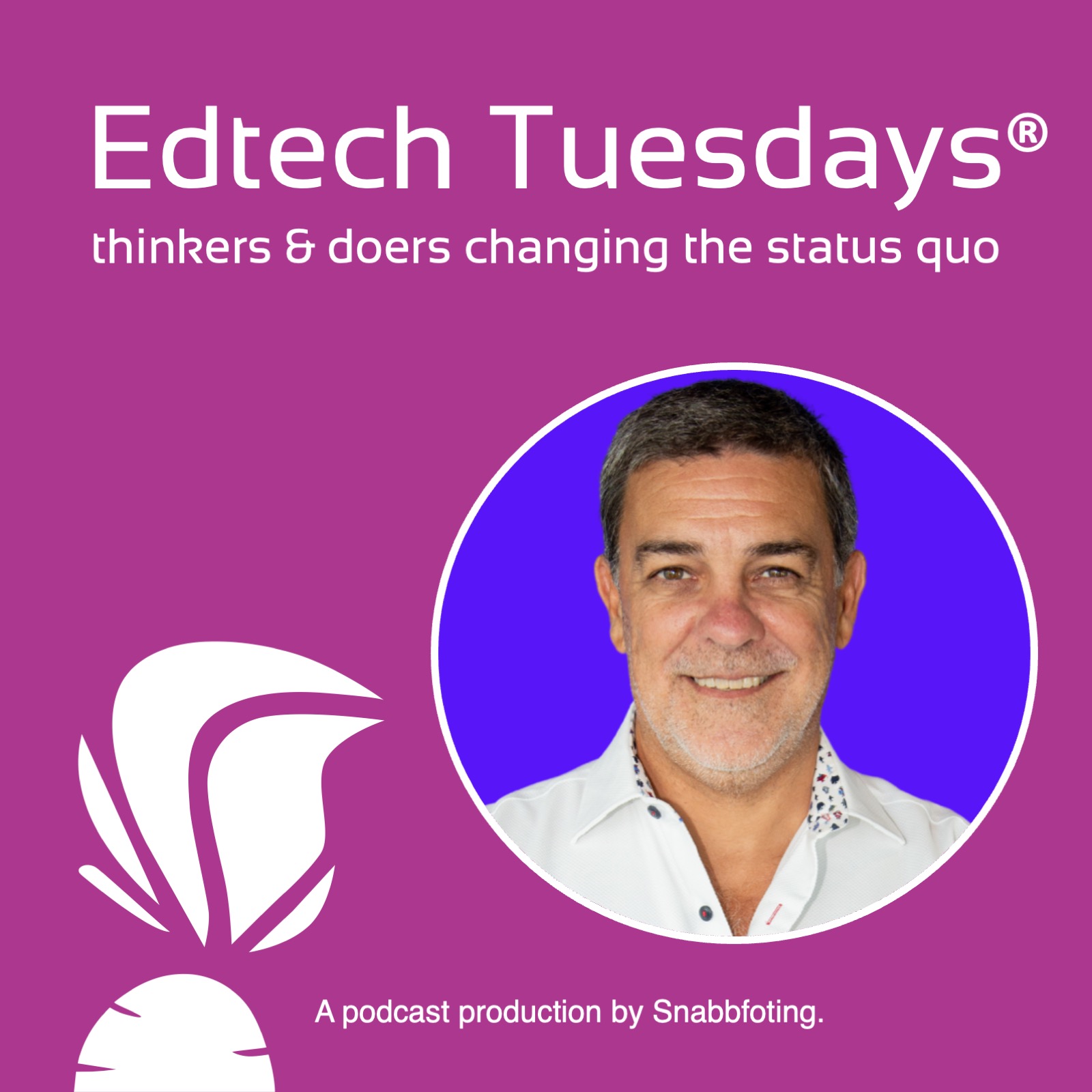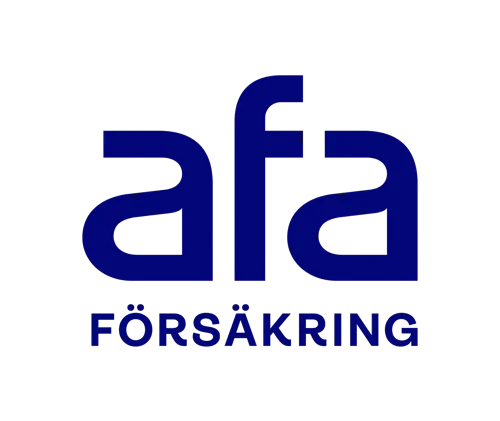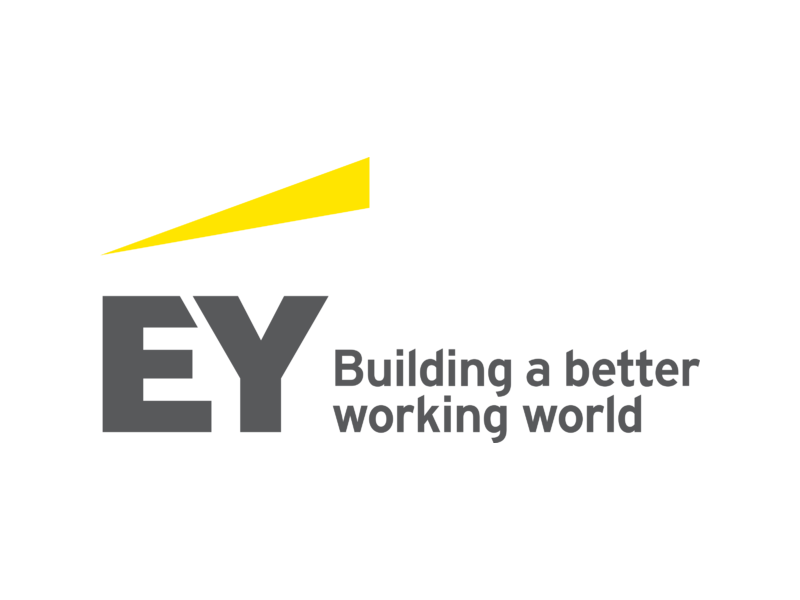Curiosity is a valuable asset for success as the workplace of today adapts and jobs become more dynamic and complex. In a workplace culture that fosters curiosity, your employees can become better at adapting to change and learning new skills more easily.
A study from Oregon State University¹ that focused on employee education and development states that employers’ job descriptions often say they are looking for curious and creative employees, but it has been shown that they do not select candidates based on these characteristics.
Research suggests that it may be relevant to measure curiosity and, above all, diversified curiosity when recruiting new employees.
The study shows that people with a high degree of curiosity in personality tests performed better on creative tasks. Those who had a highly diversified curiosity, or curiosity in combined with an interest in exploring unknown subjects and learning new skills, were more likely to come up with creative solutions to problems.
Let curiosity help your employees learn more
Are you sure that your employees who are about to learn new skills and competencies are ready to absorb these? What is it that makes learning happen naturally, in a way that feels easy?
In addition to the fact that the materials and the teaching methods need to be relevant, and that training happens as part of your employees’ work, there is a foundation that maximizes learning. Once you have found the approach that suits the subject and the situation, once you’ve used your pedagogical toolbox, the most important thing remains – the individual learner. Your participants need to find their state of curiosity. The things that we as humans are interested in, and feel passionate about, vary greatly.
A challenge with competence development in organizations is that not everyone is receptive to new knowledge.
You could then arouse the curiosity of your employees in some way. How do you do that?
Curiosity and the ability to develop are related
Curiosity is the desire to find out things and contributes to personal development. If not for our curiosity of the world around us when we were very young, we would not have developed into self-thinking people. For a child, curiosity is completely natural, and the result is that children learn things and develop. The child explores, tries and tests things. Everything from how a raisin tastes and feels in the mouth to the exploration of the social game between us humans.
In education and skills development, there is a point in finding your participants’ curiosity. It helps them find their motivation and creates a culture of natural learning.
Curiosity with exploratory knowledge learning
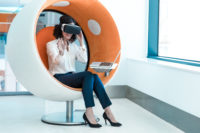
Activities such as exploratory knowledge learning, where participants themselves can explore what happens if they do things in a certain way, can encourage curiosity. Here, it is important to start the process in the brain, and spark the desire to explore and test.
You can present different cases or events that the participants can work out possible solutions for. It is important to create an environment and culture in this type of education that conveys that no question, thought or proposed solution is wrong. On the contrary, by thinking broadly and seeing different possibilities for solutions to the different cases or tasks, new ideas can emerge.
When you contribute to increased curiosity among your participants in an education, you ensure that learning becomes natural, sustainable, and the outcome improves.
In exploratory knowledge learning, the environment, culture or organization can mean that mistakes are not accepted. Testing and evaluating is a way to come up with solutions that lead to success.
Try to build a culture in the organization where failure is an advantage. You and your employees can succeed by failing.
Curiosity and a continuous learning culture can turn your question into the answer!
Get in touch if you have any questions, we are happy to help.
About Snabbfoting
Snabbfoting connects people to what really matters in their work-life.
With support from science, we work with a modern approach where learning is a continuous journey rather than a single event. We serve customers in the Nordics, Europe, and the USA, with Workplace Culture Design, continuous learning, and technology as an enabler.


